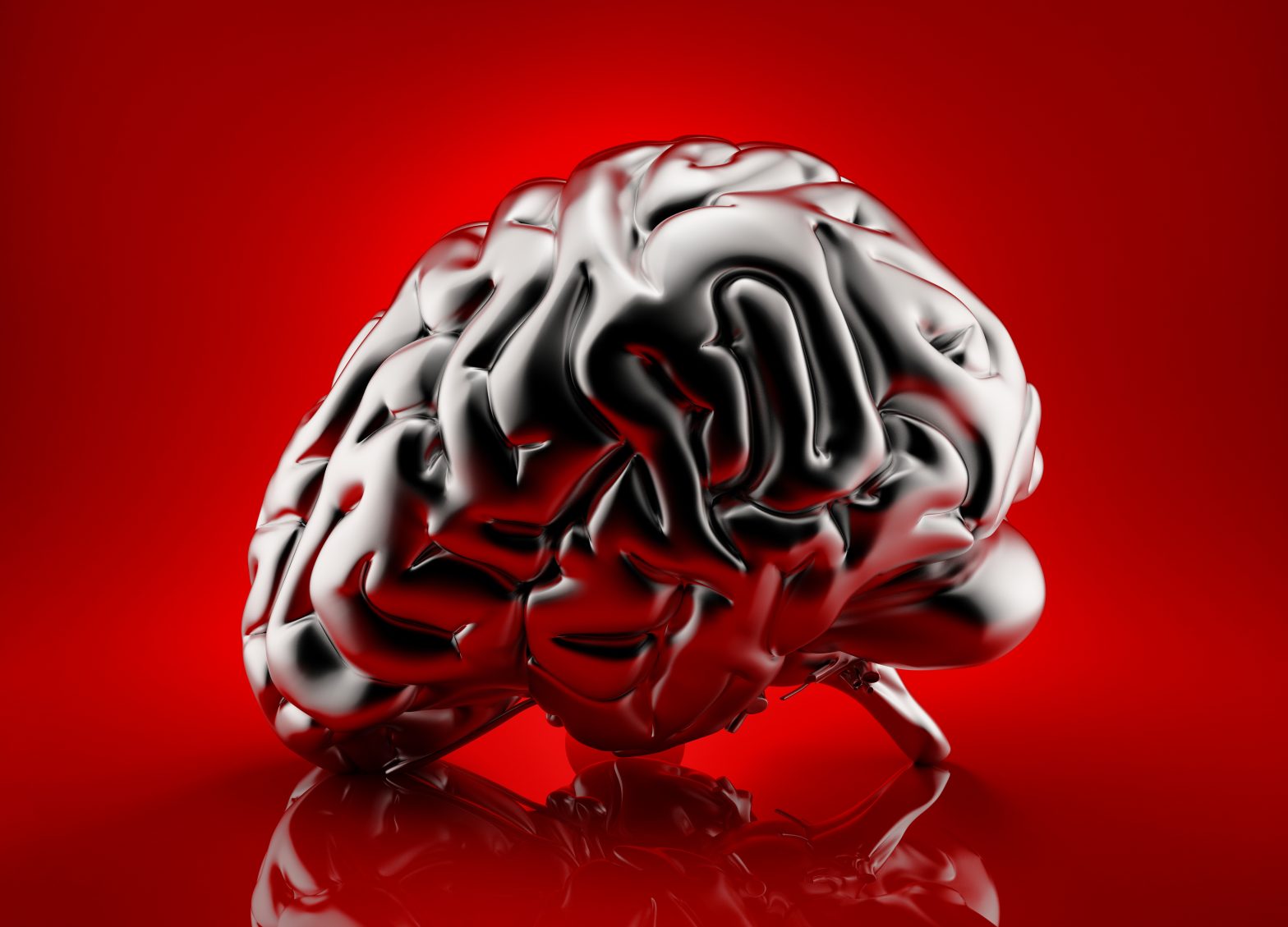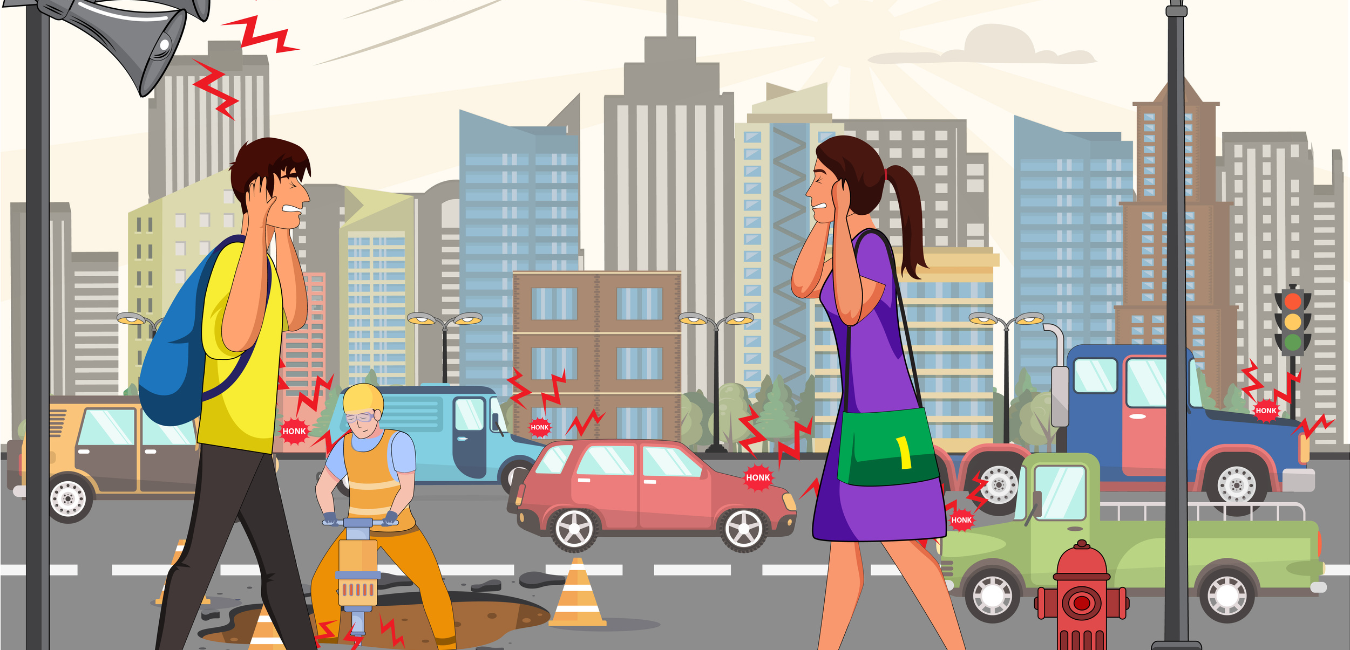Hearing Loss and Mental Health
Updated January 25, 2017
Mental Health Week in Canada is here. It’s nothing new that researchers have been looking at the links, if any, between hearing loss and mental health for a little while now.
Social isolation and depression have been highlighted as possibly being linked to untreated hearing impairment. It’s estimated that 350 million people worldwide suffer from depression and that by 2020 it will be the leading cause of disability in the world.
In one study looking at people over 50, those that had untreated hearing loss were more likely to suffer from things like depression, anxiety, anger and paranoia. The degree of these mental issues increased, along with the severity of the hearing impairment.
In the US, one survey revealed that adults with a hearing impairment were more likely to be depressed than those who had excellent hearing and even more than those who were fully deaf.
Signs of depression include:
- Persistent feelings of sadness, anxiety, emptiness, pessimism, hopelessness, irritability or restlessness
- Fatigue and low energy
- Difficulty concentrating, remembering details and making decisions
- Suicidal thoughts
Hearing loss taking a toll
Being social creatures by nature, hearing loss can pose a barrier between those who have hearing loss and the rest of the world. Social interactions with family, friends, and coworkers can become more difficult. Straining to hear clearly can cause frustration and fatigue. The strain of expending so much energy trying to hear accurately may also contribute to a loss in memory.
Johns Hopkins researchers published their findings on the link between hearing loss and mental decline in 2013. They had looked at 2000 volunteers over a six-year period. All the volunteers were over 70 years old. The study found that those with hearing loss were more likely to develop cognitive impairment. It led them to estimate that older adults with a hearing impairment would experience cognitive impairment in approximately 8 years versus 11 years in those who didn’t have a hearing loss.
Researchers at Johns Hopkins, think that social isolation, which is considered to be a symptom of hearing loss, may result in a lack of stimulation for the brain, leading to cognitive impairment and dementia. Their findings were released in the JAMA Internal Medicine Journal.
But other researchers around the world have found that the link between hearing loss and mental health conditions like depression and anxiety, isn’t only found among older adults. Studies completed in Italy and Australia found that younger adults experienced symptoms often associated with depression, psychological distress and irritability.
What’s the solution?
We could continue to talk about all of the statistics and studies showing a link between mental illness and hearing loss, but the point should be noted that hearing impairment is not just about not hearing well. The effects are far-reaching and since mental health is as important as your hearing health, or overall physical health, the question is how do people cope?
Any Audiologist or Hearing Instrument Specialist will tell you that if you have any tell-tale signs of hearing loss, you should get a full hearing assessment completed. The Hearing Solutions website has a simple online Hearing Evaluation that you can take to find out if you should get yourself a hearing test.
Promptly identifying and treating any hearing loss may be a step in the right direction towards better hearing and better mental health.
Signs of hearing loss include:
- Avoiding social activities
- Isolation from friends and family
- Stress
- Reduced alertness
- Difficulty following conversations in a noisy restaurant, crowded room, at church or at work
- The feeling that everyone is mumbling and not speaking clearly
- Constantly asking people to repeat themselves
- The tendency to turn up the volume on the television
If this short list sounds like you, then it may be time to book a free hearing test here and find out what may or may not be going on with your hearing. Hearing loss treatment usually involves a prescription of hearing aids suited to your individual hearing amplification needs.
Hearing tests are always painless and at Hearing Solutions results are discussed right after your full assessment has been completed.
Never underestimate the importance of good hearing health.









